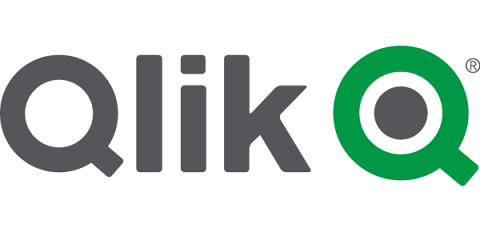Architecting Apache Kafka for GDPR compliance
Once upon a time (2017), in an office far far away, you may have been cornered in a conversation with someone from Legal about GDPR. It could have gone something like this: “You there, Data Engineer” “Yep, that’s me” “What PII do we have residing in this Apache Kafka database?” You probably mumbled something about Kafka not being a database. “And who can read/ write the data?






